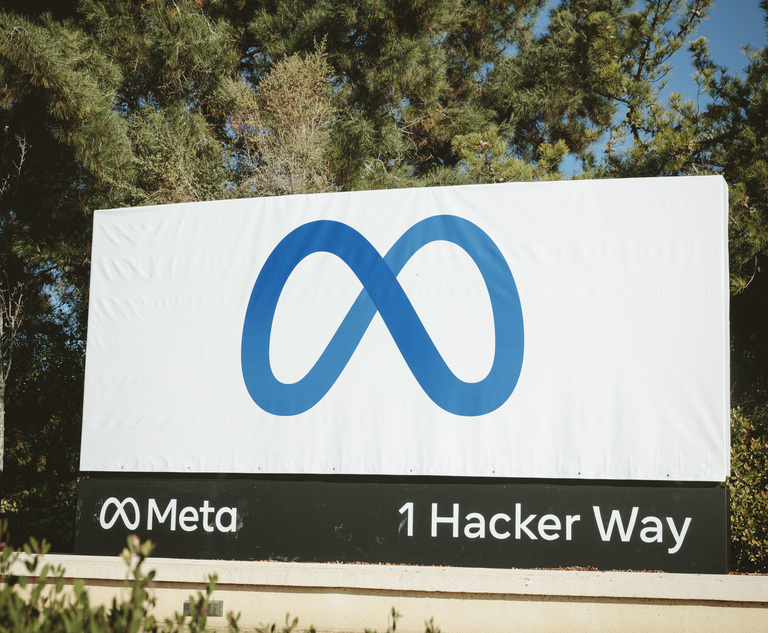As reaffirmed by the U.S. Supreme Court in 2012, federal courts must acknowledge the supremacy of federal law that favors arbitration. See Nitro-Lift Technologies v. Howard, 568 U.S. 17 (2012). In Nitro-Lift, in building on its precedents heightening the authority of an arbitrator, the Supreme Court held that, while the validity of the arbitration provision is subject to initial court determination, the validity of the remainder of the contract is outside the purview of a court’s adjudicative power.
Consequently, in a recent case in the Southern District of New York, the plaintiff at least in a vacuum, faced a steep hurdle in opposing defendants’ motion to compel arbitration. See Policy Admin. Sols. v. QBE Holdings, 2019 WL 4126464 (S.D.N.Y. Aug. 30, 2019). As discussed at length below, the court granted defendants’ motion to compel arbitration. Specifically, the court held that because of the unequivocal and broad language of the arbitration clause in the operative software license agreement, and the dearth of prejudice from the protracted pace of the language, plaintiff could not avoid arbitration of its claims, which included contract and copyright-based claims.


 Richard Raysman and Peter Brown
Richard Raysman and Peter Brown




